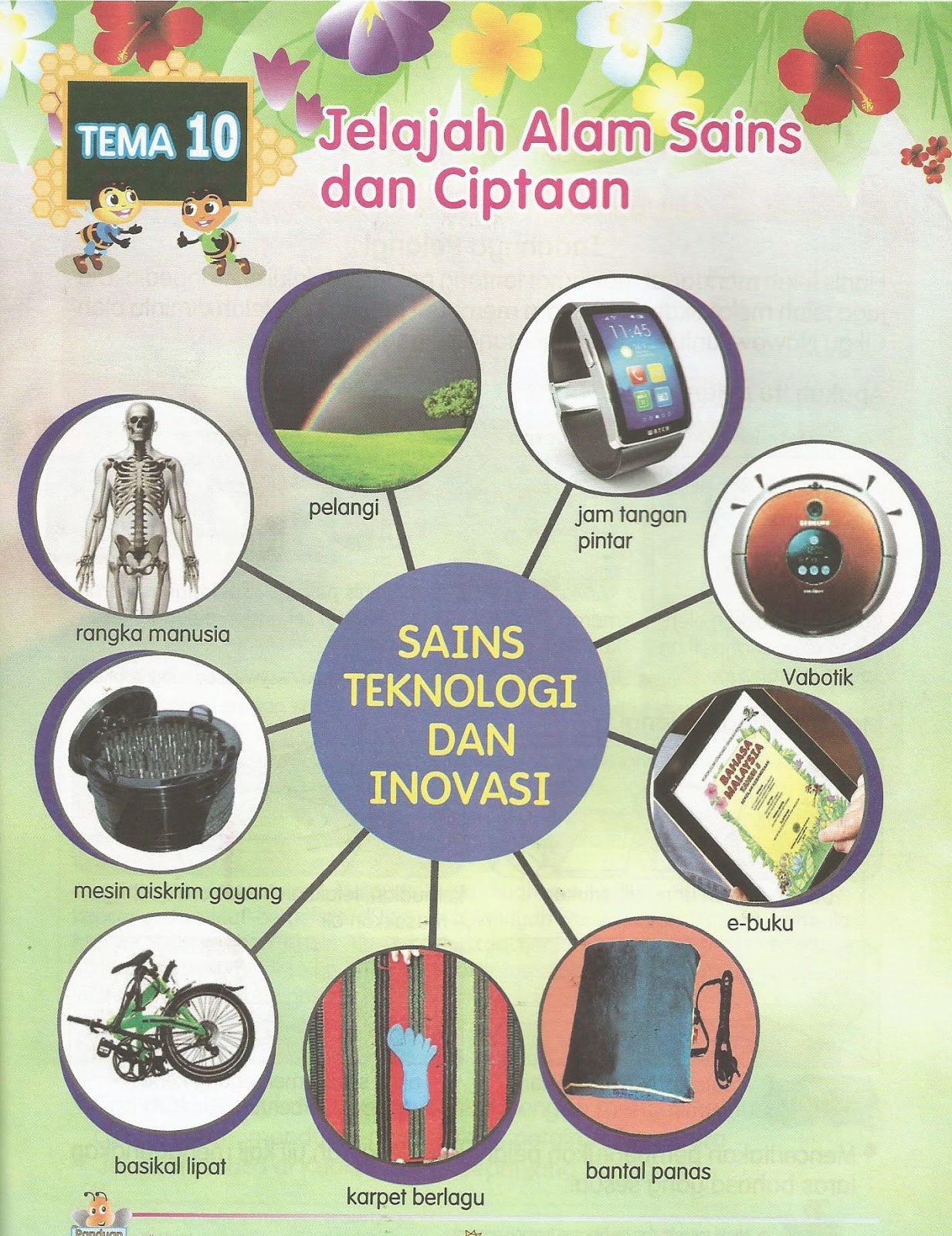The Vital Role of Science, Technology, and Innovation
In an era defined by rapid change and unprecedented global challenges, the significance of science, technology, and innovation (STI) cannot be overstated. From the smartphones in our pockets to the life-saving medical treatments we rely on, STI permeates every facet of modern existence. But what exactly drives the engine of progress, and how can we harness its power to shape a better future?
The pursuit of scientific knowledge, the development of groundbreaking technologies, and the implementation of innovative solutions are intertwined, forming a dynamic force that propels humanity forward. Understanding the importance of STI is crucial for individuals, businesses, and governments alike. It’s about more than just the latest gadgets; it's about addressing critical issues, improving lives, and building a sustainable future.
The history of STI is a testament to human ingenuity. From the invention of the wheel to the development of the internet, each breakthrough has built upon previous discoveries, creating a ripple effect of progress. This continuous cycle of innovation is driven by a fundamental human desire to understand the world around us and improve our lives.
The importance of STI lies in its ability to address complex challenges facing humanity. Climate change, food security, and access to healthcare are just a few examples of global issues where STI plays a pivotal role in finding solutions. Investing in scientific research and technological development is not just an economic imperative; it's a necessity for our survival and prosperity.
Investing in scientific exploration, technological advancement, and innovative practices has a profound influence on economic growth and societal well-being. Countries that prioritize STI development tend to experience higher levels of economic prosperity, improved quality of life, and a greater capacity to address global challenges. This focus on STI fosters a culture of creativity, problem-solving, and continuous improvement.
The advancement of medical technology is a prime example of the benefits of STI. From developing new vaccines to pioneering surgical techniques, medical innovation has drastically increased life expectancy and improved the quality of life for millions. Agricultural innovations, such as genetically modified crops and precision farming techniques, have helped increase food production and address global food security challenges.
One example of successful STI implementation is the development of renewable energy technologies. Solar panels, wind turbines, and other renewable energy sources are becoming increasingly efficient and affordable, offering a sustainable alternative to fossil fuels. This transition to clean energy is essential for mitigating climate change and ensuring a sustainable future.
Advantages and Disadvantages of Focusing on STI
| Advantages | Disadvantages |
|---|---|
| Economic growth and job creation | Potential job displacement due to automation |
| Improved healthcare and longer lifespans | Ethical concerns related to emerging technologies |
| Solutions to global challenges like climate change | Unequal access to technological advancements |
| Increased productivity and efficiency | Risk of technological dependence and vulnerabilities |
| Enhanced quality of life and societal well-being | High initial investment costs for research and development |
Frequently Asked Questions:
1. What is the role of STI in economic development? STI drives economic growth by creating new industries, jobs, and products.
2. How can governments support STI? Governments can invest in research and development, provide tax incentives for innovation, and create a supportive regulatory environment.
3. What are the ethical implications of STI? Ethical considerations arise with advancements in artificial intelligence, genetic engineering, and other emerging technologies.
4. How can individuals contribute to STI? Individuals can pursue STEM education, support innovative companies, and embrace new technologies.
5. What is the future of STI? The future of STI holds immense potential for addressing global challenges and improving human lives.
6. How can STI improve education? Technology can enhance learning experiences through personalized learning platforms and online educational resources.
7. What are some examples of disruptive technologies? Examples include artificial intelligence, blockchain, and the Internet of Things.
8. How can STI contribute to sustainable development? STI can provide solutions for clean energy, resource management, and environmental protection.
Tips and tricks for supporting STI: Stay informed about the latest technological advancements, support STEM education initiatives, and encourage a culture of innovation in your community.
In conclusion, the importance of science, technology, and innovation (STI) in shaping a better future cannot be overemphasized. From revolutionizing healthcare to tackling climate change, STI empowers us to address the complex challenges of our time. By fostering a culture of innovation, investing in research and development, and promoting STEM education, we can unlock the full potential of STI to create a more sustainable, prosperous, and equitable world for all. The journey towards a brighter future relies on our collective commitment to embracing the transformative power of STI. Let us continue to explore, discover, and innovate, ensuring that the benefits of STI are shared by all, leaving a lasting legacy of progress for generations to come. Embracing STI is not merely an option; it's a necessity for a thriving future.
Converting 32 euros to mexican pesos a comprehensive guide
Crafting the perfect graduation banner cute sayings inspiration
The curious case of the hidden mtg skeleton














